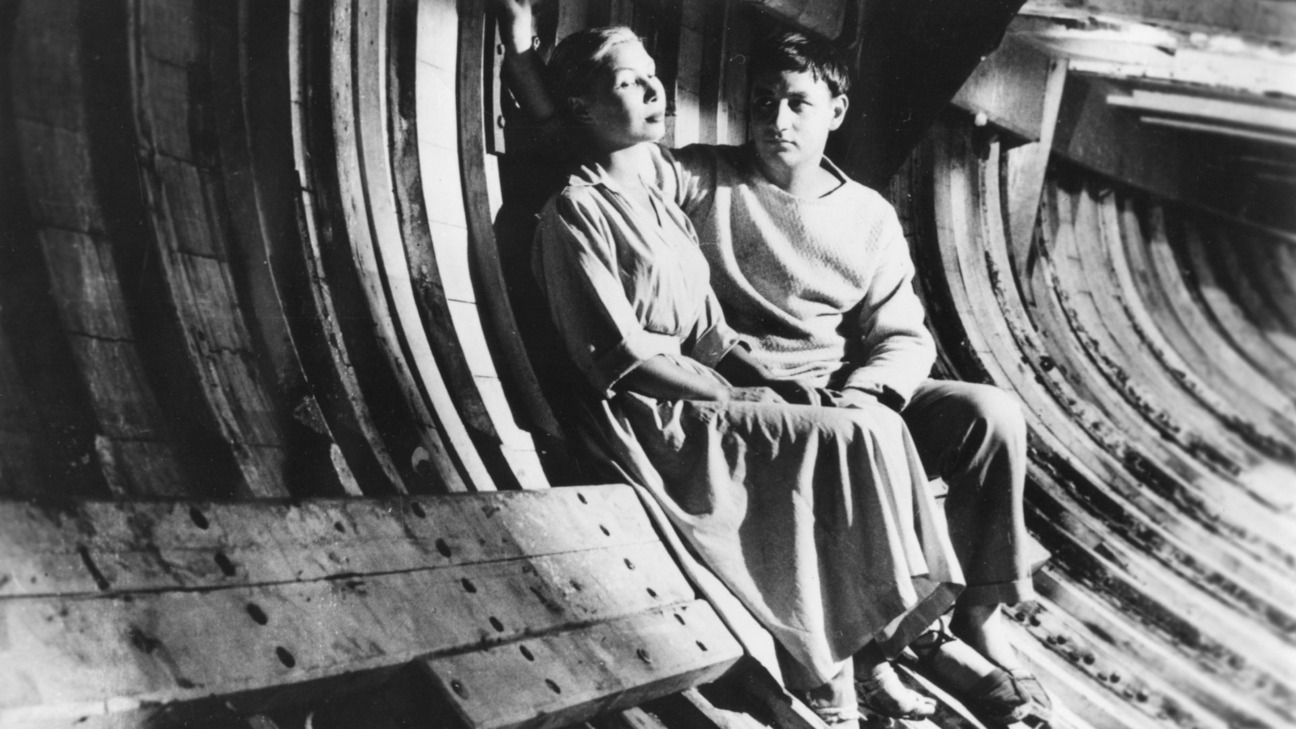Admission starts at $5
July 25, 2024, 8:30pm
Brooklyn 11205
USA
Join us at the e-flux Screening Room rooftop for Supernatural Agency and Queer Futures, the last screening of the four-part series This Was Tomorrow, presenting cinematic visions of the future that illuminate and comment on our present-day realities.
The films and videos in this series challenge common perceptions of time, identity, technology, and community, in a curated selection that invites thoughtful reflection while also promising entertainment. Each evening will present a thematic pairing of an artist film(s) with a cinema feature, showcasing the diverse and innovative possibilities of science-fiction storytelling.
Screenings take place on Tuesdays and Thursdays from July 16–25, 2024, and begin after sunset.
IV. Supernatural Agency and Queer Futures
Thursday, July 25, 8:30pm
Films in this screening explore how speculative and supernatural elements address themes of gender, power, and resistance. These films depict futures where women reclaim agency and challenge oppressive structures through supernatural means.
Isadora Neves Marques, The Pudic Relation Between Machine and Plant (2016, 2 minutes)
A laboratorial image of sexuality beyond humans. In a simple, looped scene a robotic hand fingers a “sensitive plant””—Mimosa pudica, a species characteristic for closing on itself when touched. Iconic within the history of botany, the plant has posed questions such as: Did it have a nervous system? Was it a plant or an animal? It also overflows with sexual innuendos: Its name comes from botanist Carl Linnaeus sexual taxonomy of plants, pudica referring both to external sexual organs and shyness or modesty; and in Erasmus Darwin's 1789 poem “The Loves of the Plants,” it is compared to botanist Joseph Banks’s infamous sexual encounters in the tropics.
Peggy Ahwesh, The Third Body (2007, 8 minutes)
The Third Body is an experimental film that explores the intersections of gender, technology, and identity. Using a combination of found footage, documentary-style interviews, and narrative segments, Ahwesh creates a complex narrative that challenges traditional notions of identity and selfhood. The film examines how technology mediates our understanding of our bodies and identities, making it a thought-provoking exploration of contemporary themes.
Mati Diop, Atlantics (2019, 106 minutes)
Atlantics is a supernatural romance set in Dakar, Senegal. The film follows Ada, a young woman whose lover Souleiman disappears at sea along with other migrant workers. As strange occurrences begin to happen, Ada discovers that the spirits of the lost workers have returned to seek justice. Diop addresses themes of migration, economic inequality, and spiritual resilience. The film's blend of social realism and supernatural elements creates a poignant and haunting narrative.
For more information, contact program@e-flux.com.



















